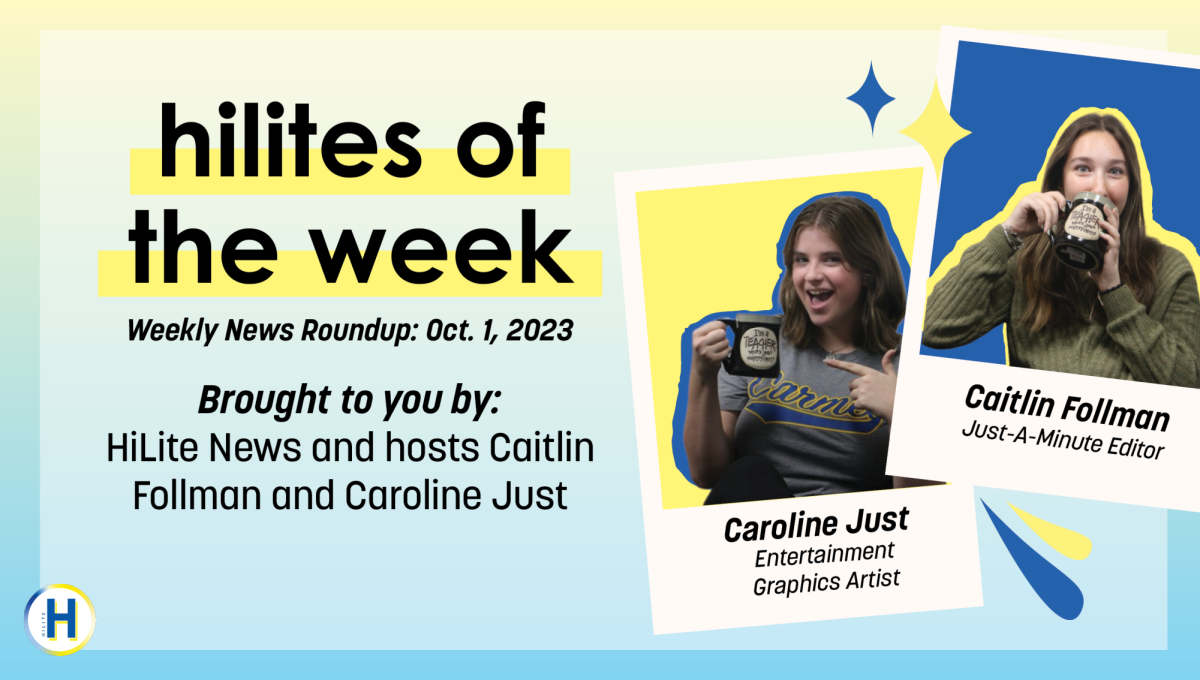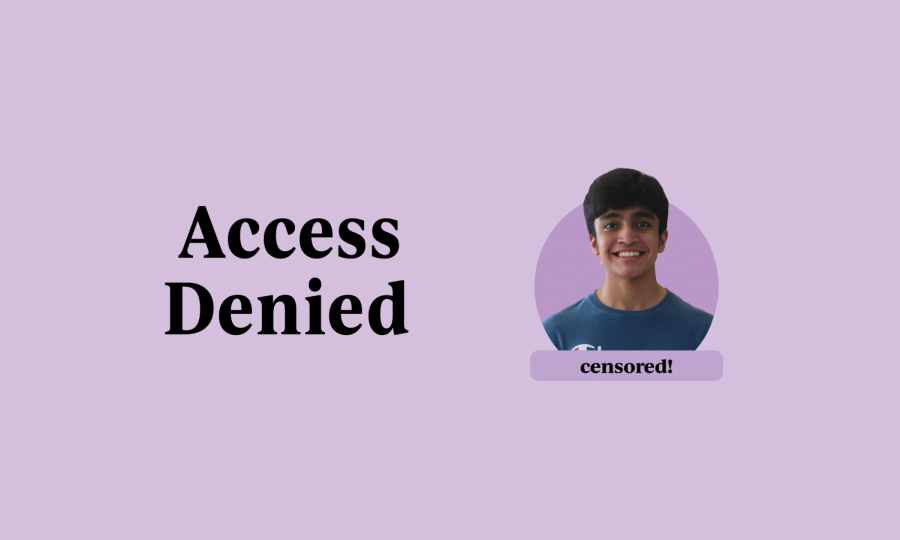A couple of weeks ago, a group of students in AP Capstone Seminar encountered a concerning issue that has been plaguing our school all year. For their summative research paper, the students were investigating the controversy over abortion laws. In their preliminary research, I watched as time and time again they repeated the same distressing process.
They would scroll through Google’s results until they found what they believed to be the perfect source and click on it in hopes of discovering the precious information they had been scouring the internet for. Instead, they would be met by a futile screen that offered a disappointing block of text. In defeat, they would read the words that glared back at them… “Page Blocked.”
This message appeared for countless pages that could have provided useful, important information, robbing them of the time given to them during class to work on their paper. For example, some WebMD pages on contraceptives, such as birth control pills, were inaccessible to them.
Is this really rational? What is the justification for censoring such important information?
These students, like countless others at this school, faced the school’s adverse WiFi restrictions. More so than in previous years, certain keywords and websites are barred on school computers and the school network. Topics ranging from video games to crime have been blocked. Such invasive behavior hinders students’ ability to productively utilize valuable time given at school to complete assignments.
Although I completely understand some restrictions that aim to prevent certain inappropriate activities at school, the current policies are overbearing, and they seem to have grown more restrictive compared to previous years.
I am not the only individual with concerns about school web filters. In fact, the American Association of School Librarians (AASC) even described filtering websites as a “disservice” to the next generation of digital citizens. They reasoned, “Students must develop skills to evaluate information from all types of sources in multiple formats, including the Internet. Relying solely on filters does not teach young citizens how to be savvy searchers or how to evaluate the accuracy of information.”
This is an issue that concerns the entire population of this school and impairs countless students every day. In an age where many adults don’t even know how to tell the difference between authentic information and fake news, we need the opportunity to practice the very skills the AASC advises in order to be good digital citizens down the road. Therefore, I urge administrators to consider easing their online overreach and the extreme control they wield over students’ digital lives.
Click here to read more works by Dariush Khurram.


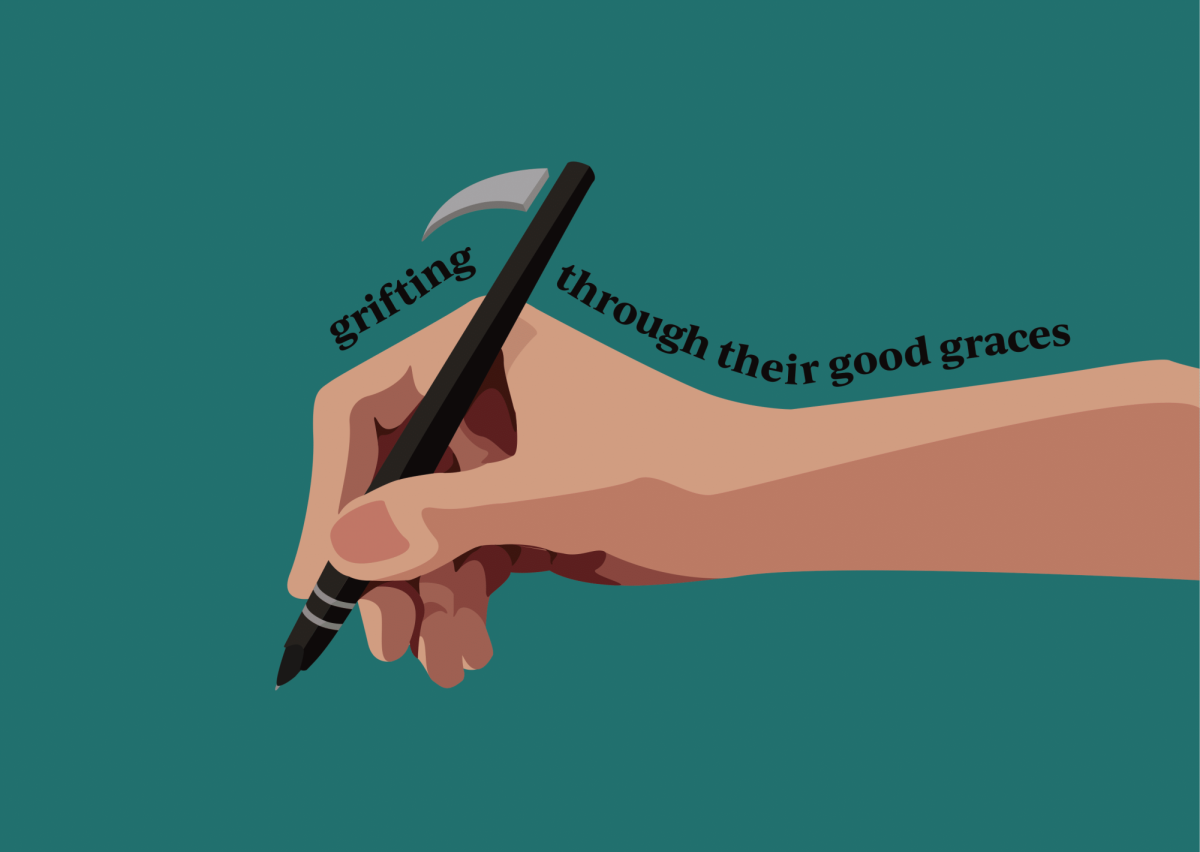
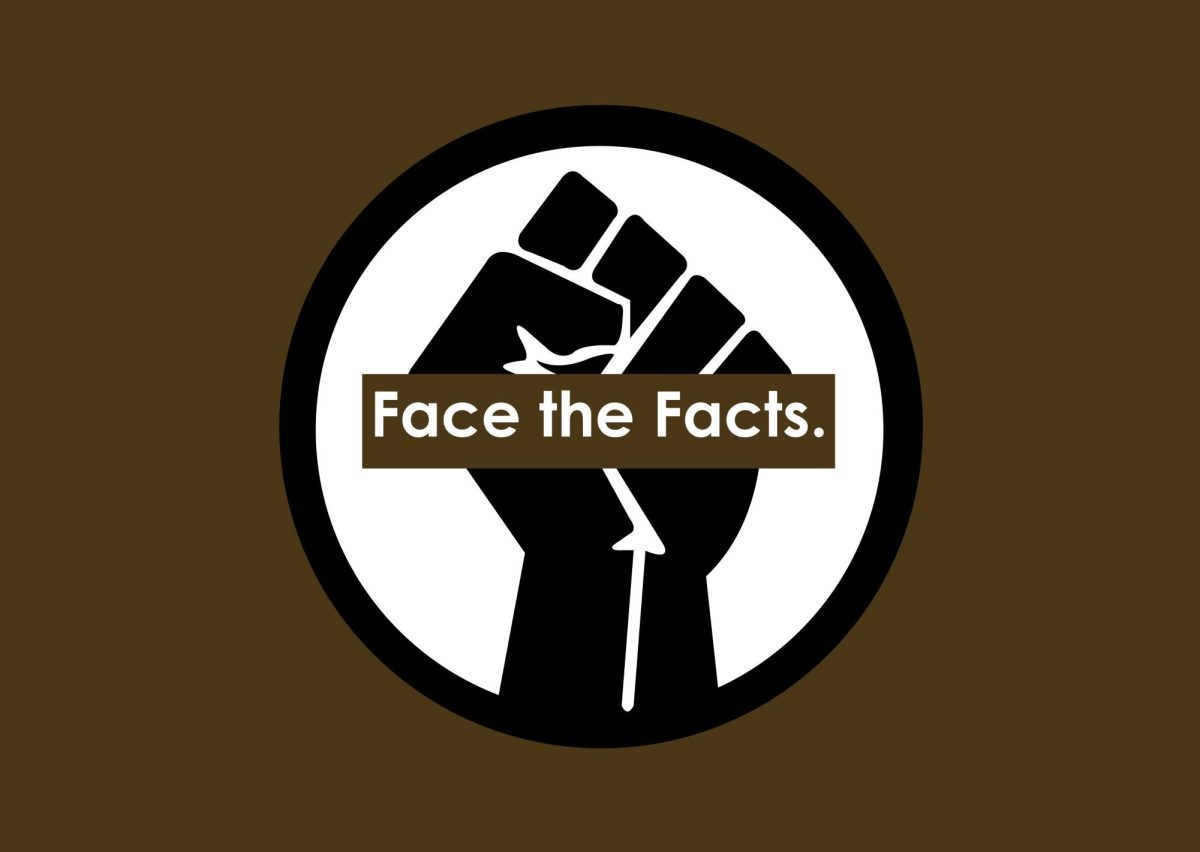




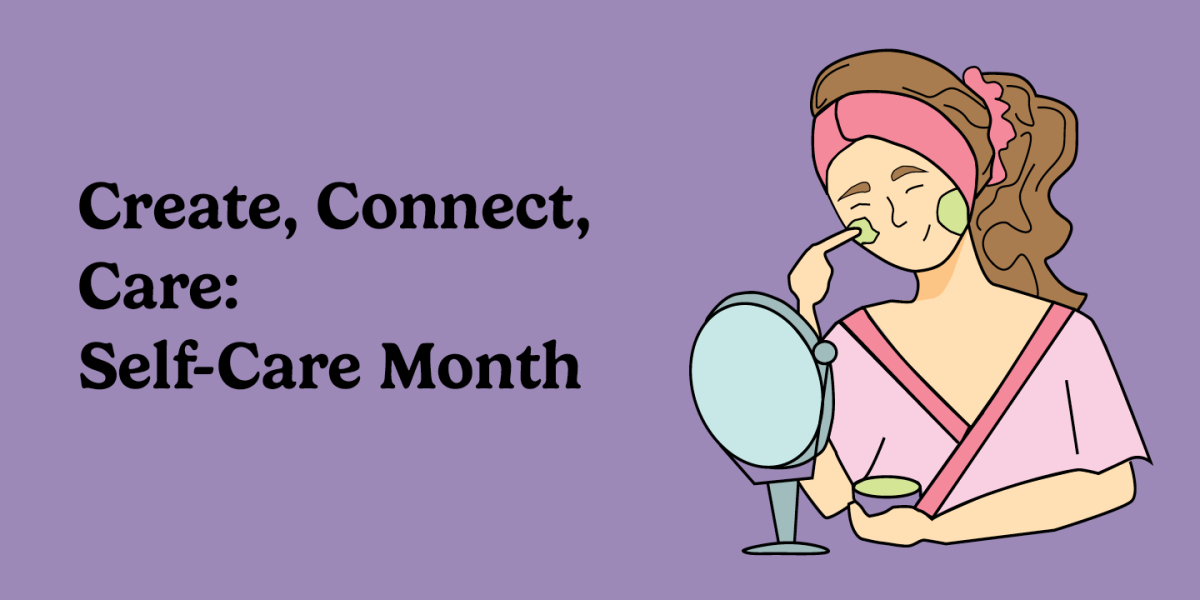
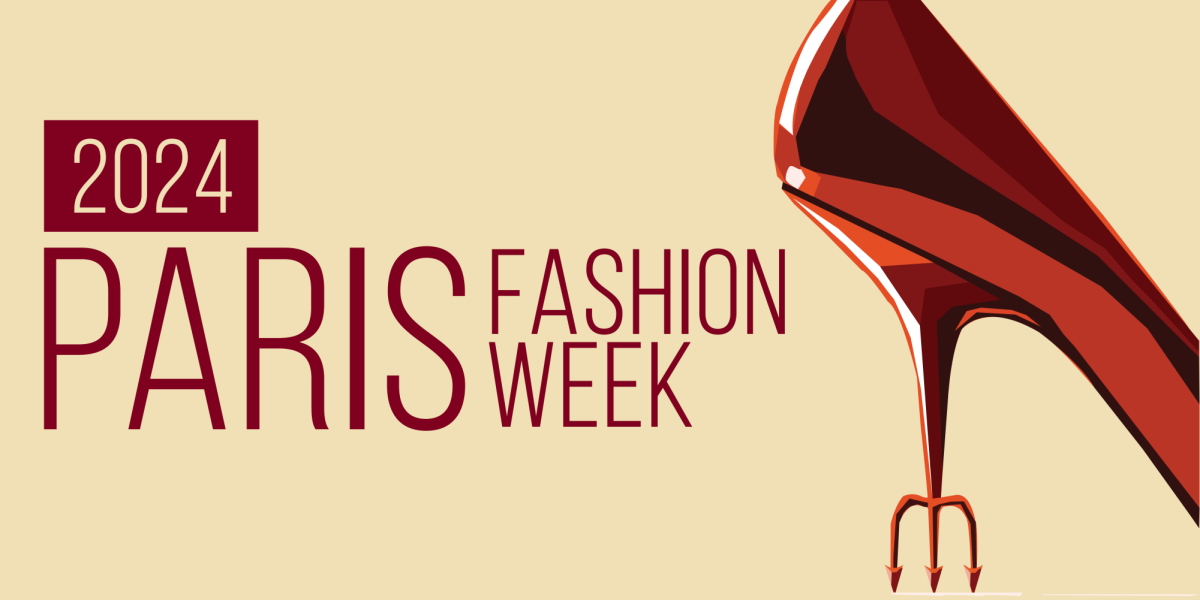
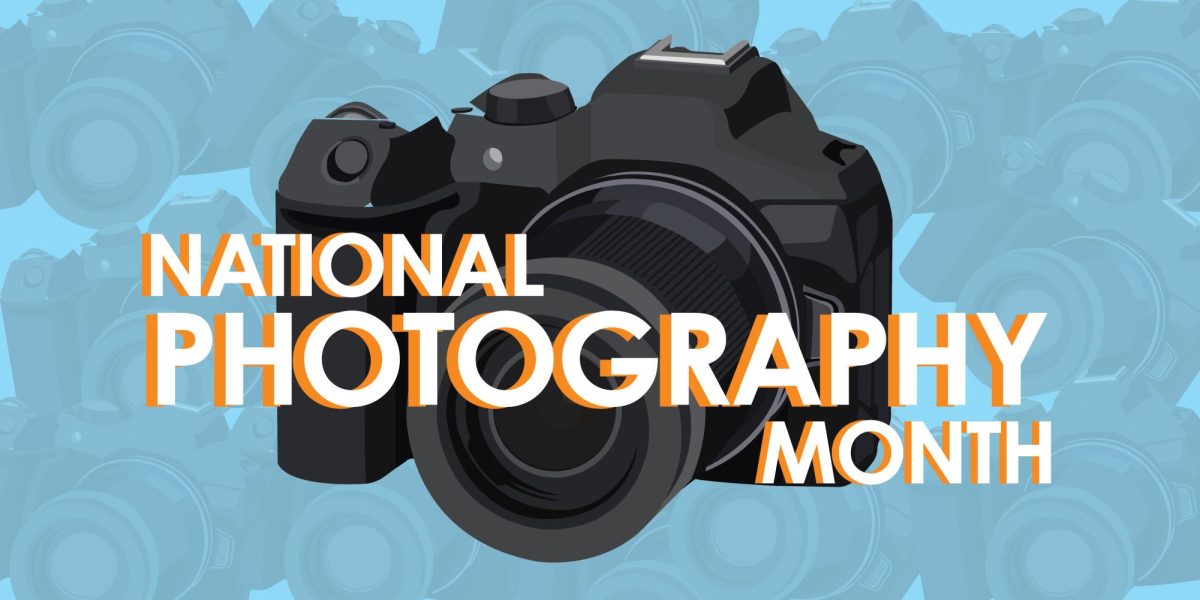





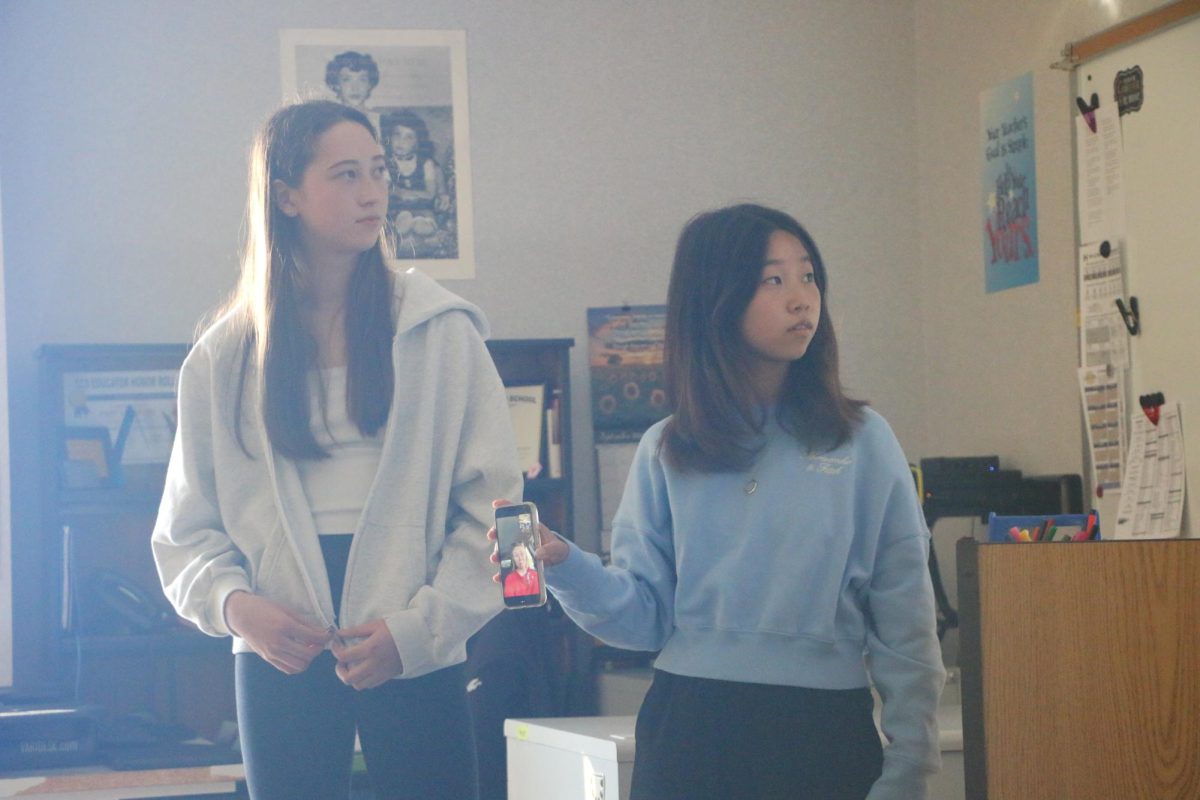
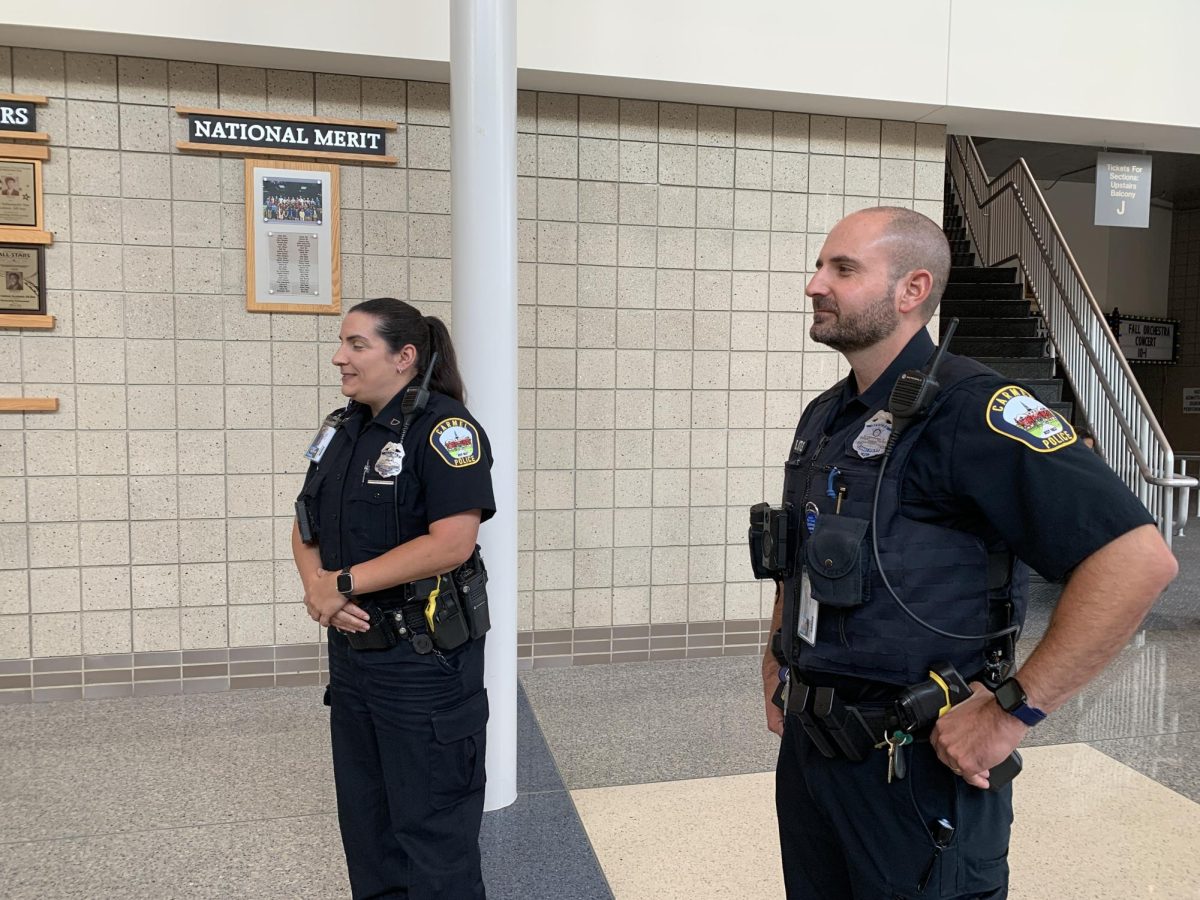

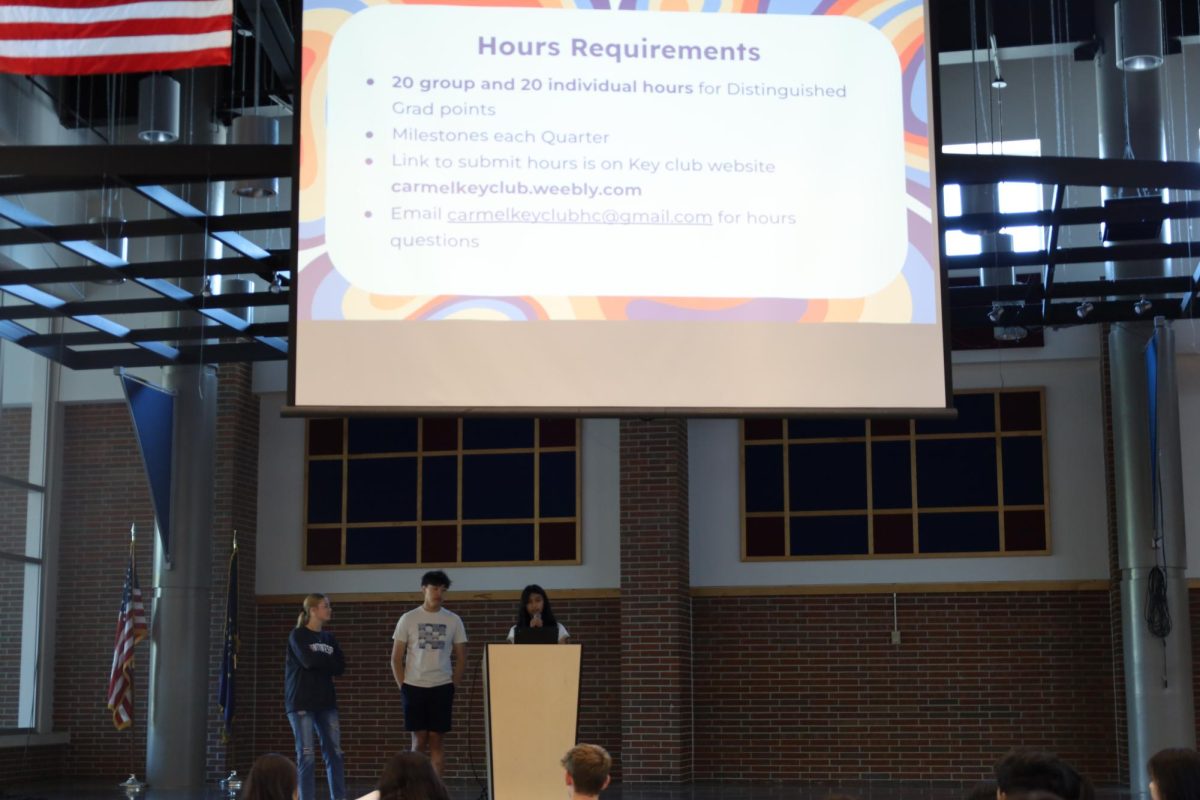
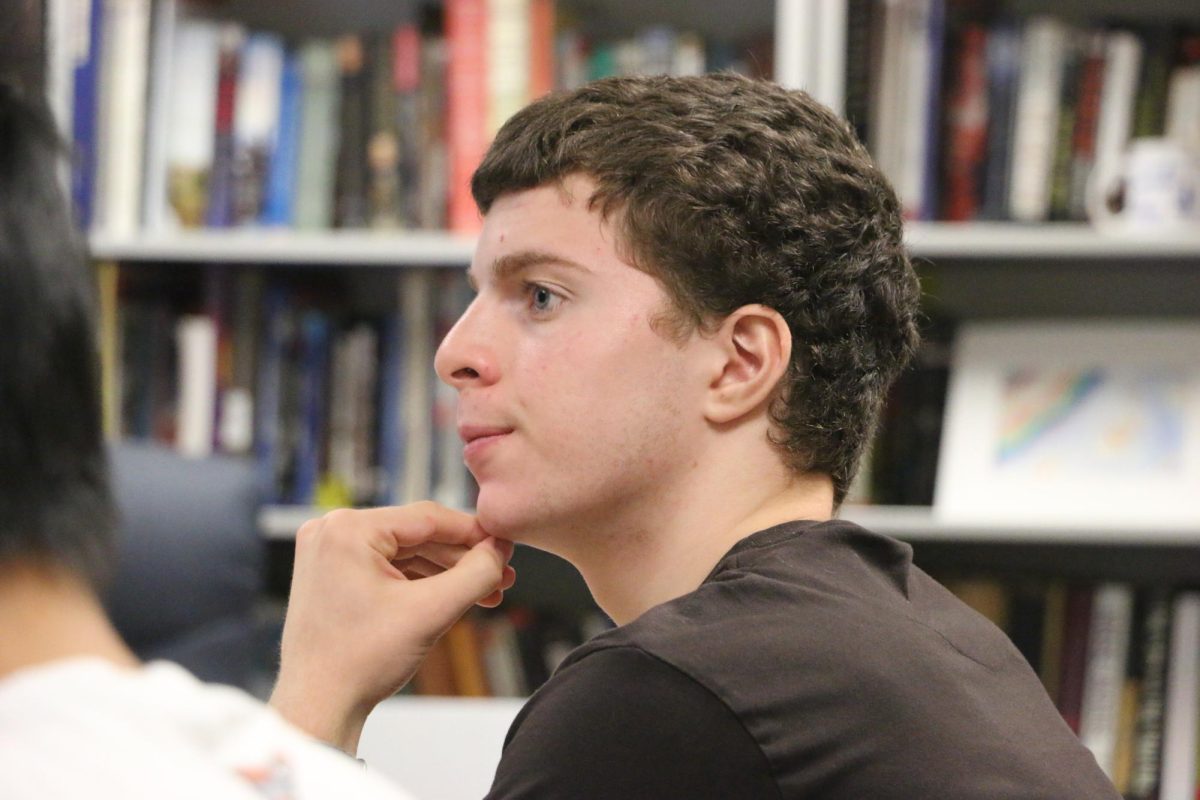

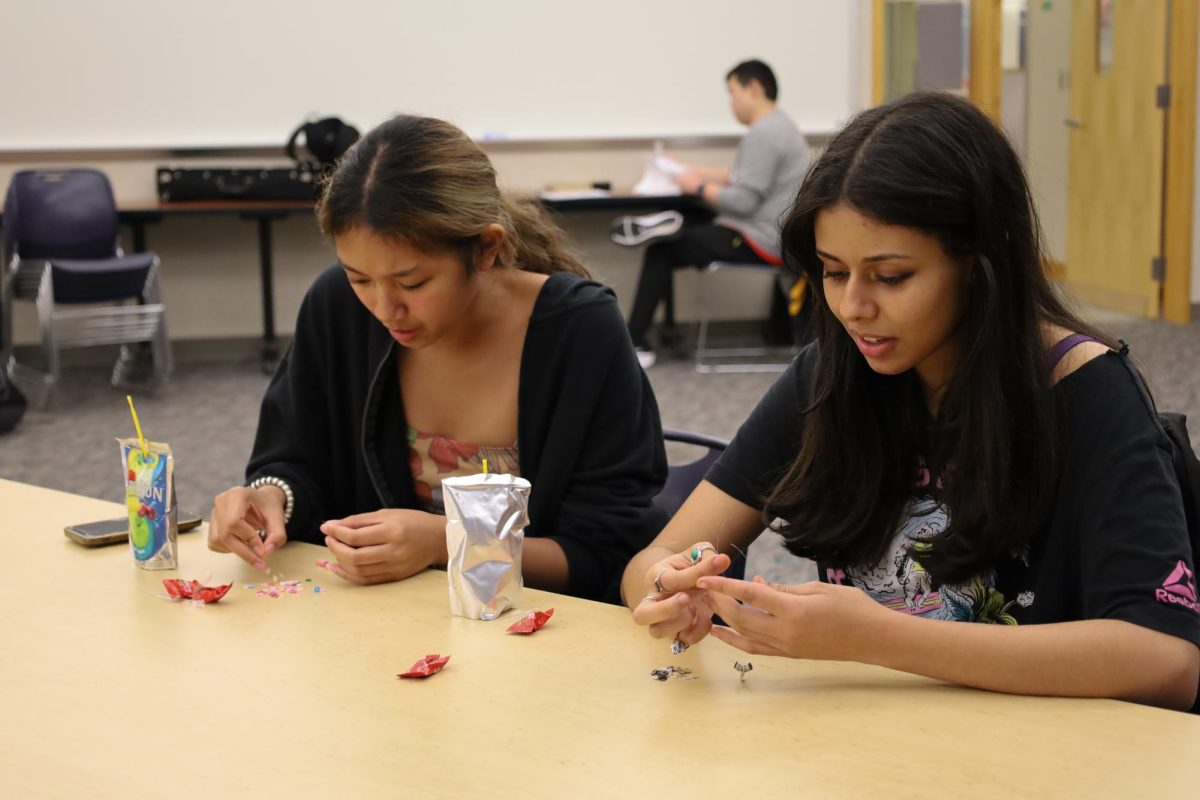
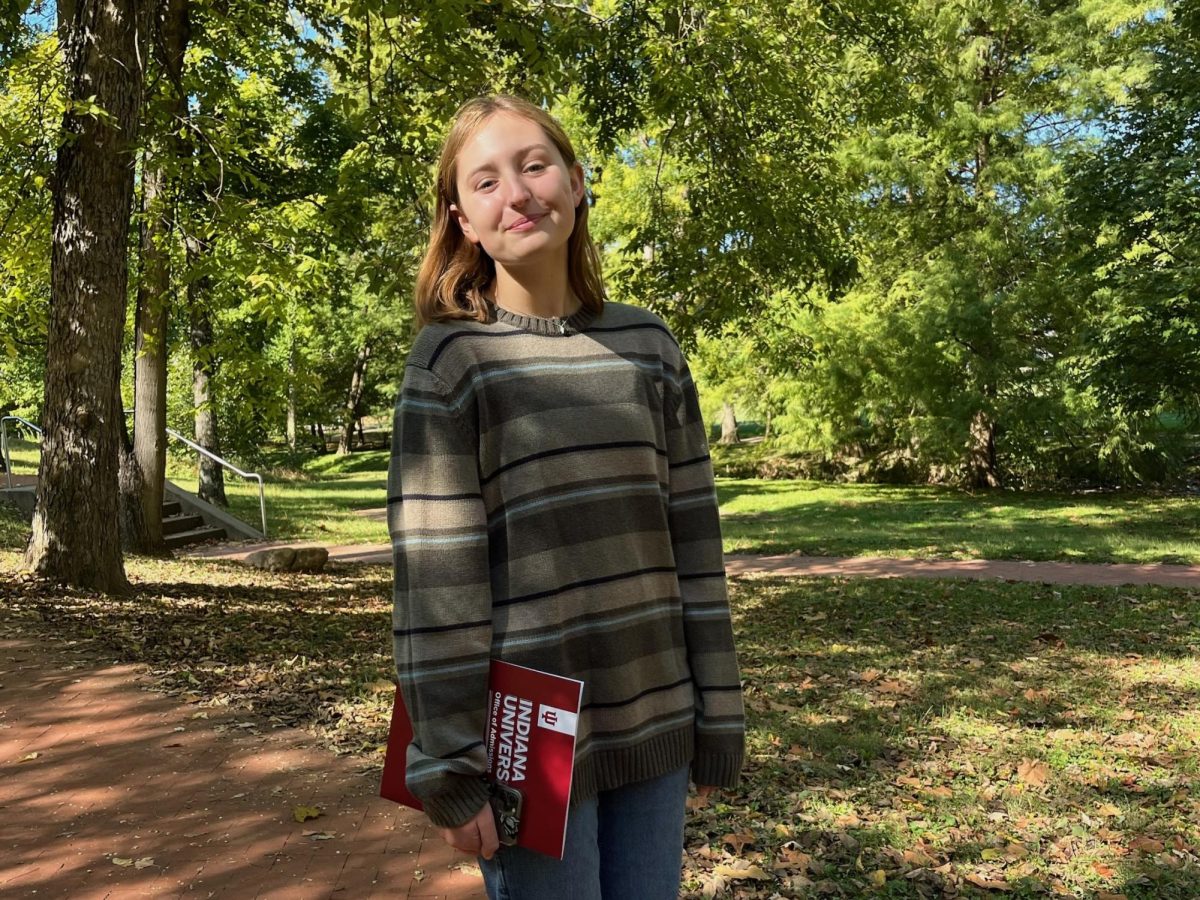

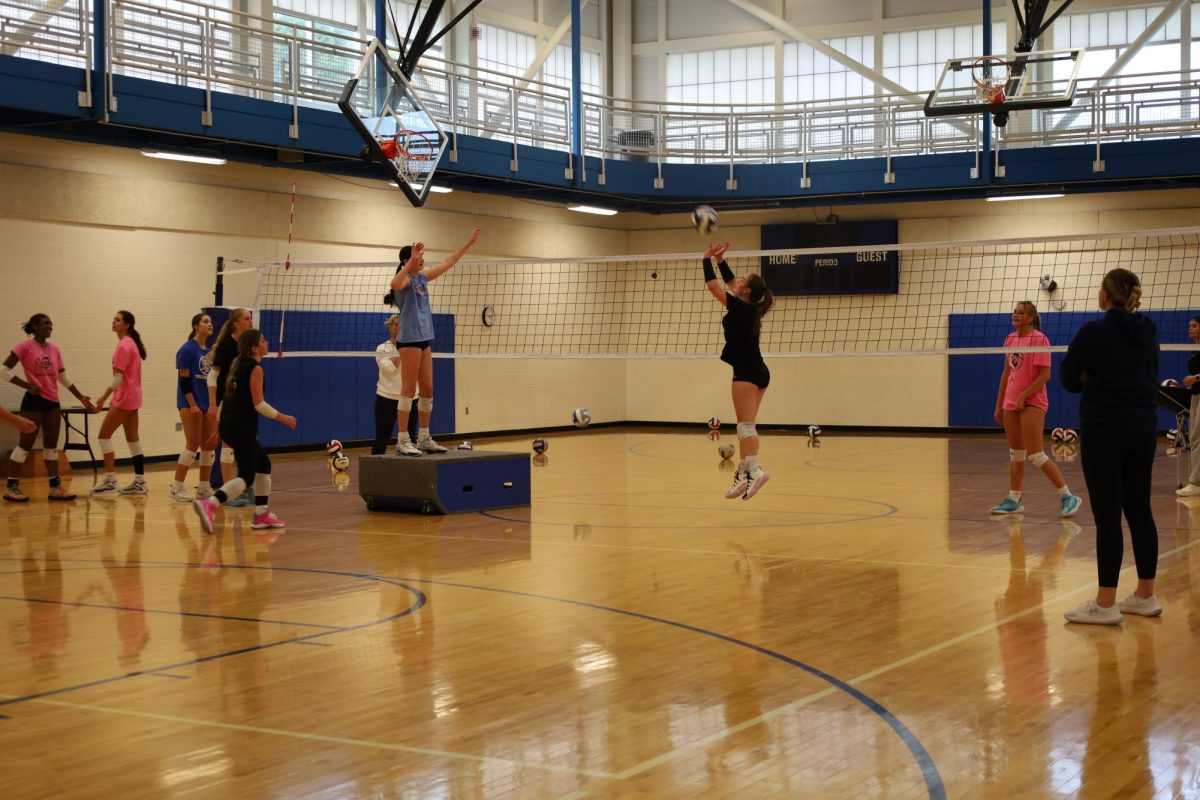
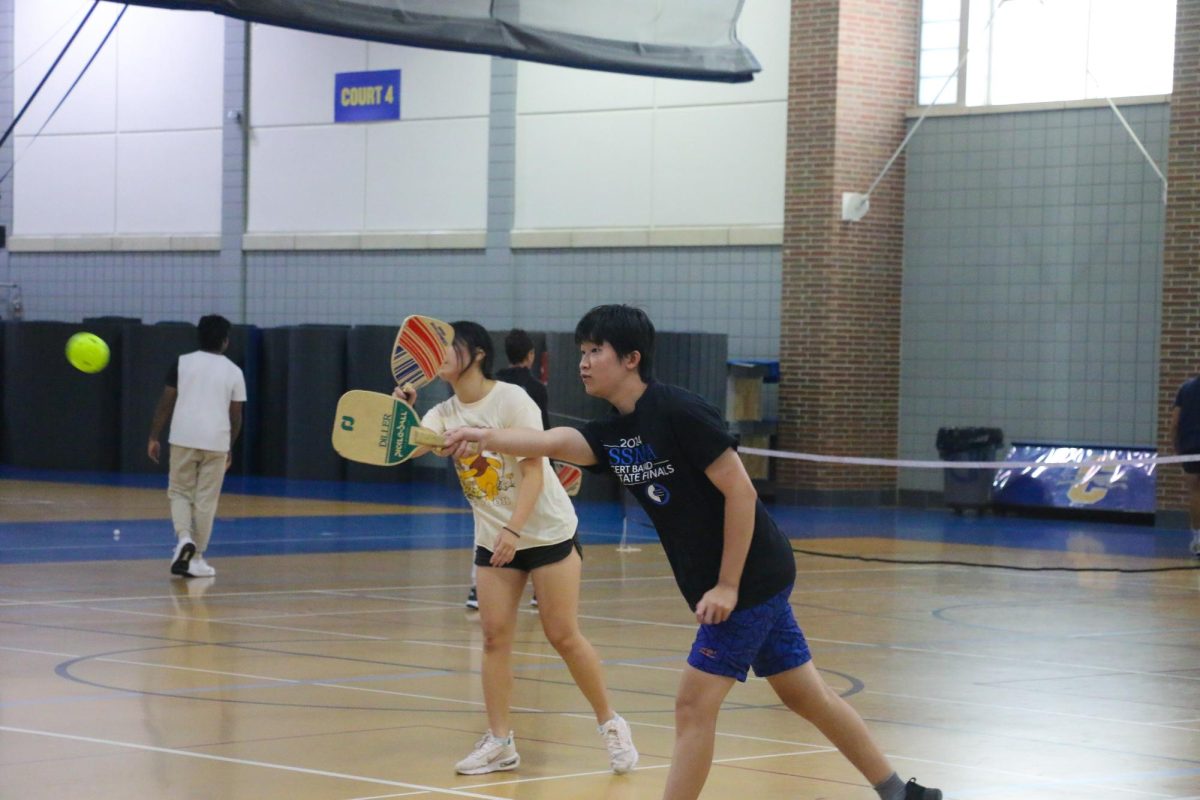
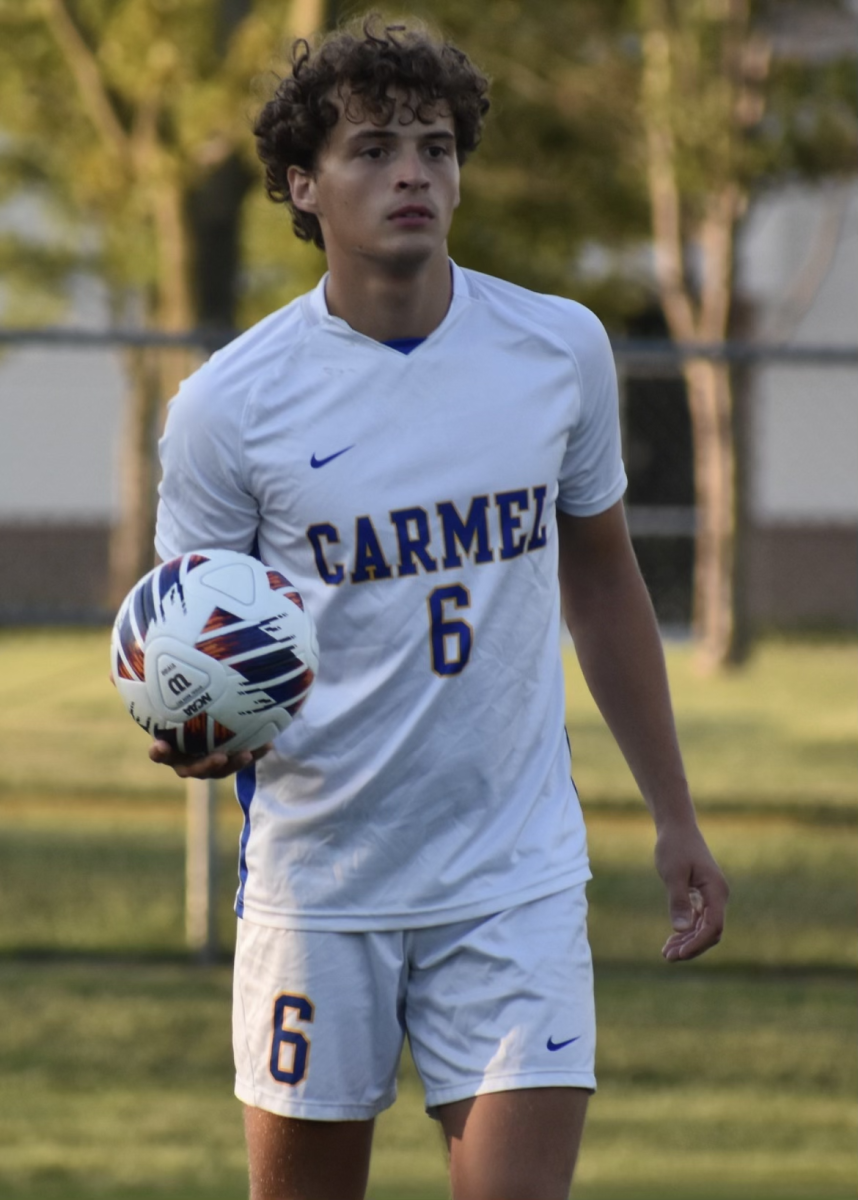

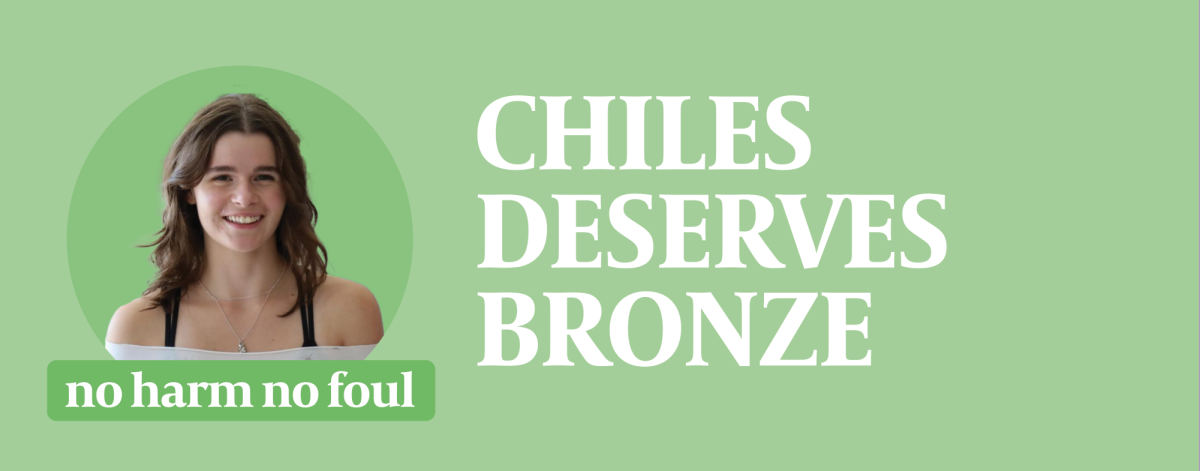
![“Uglies” is a call for change in the YA dystopian genre [opinion]](https://hilite.org/wp-content/uploads/2024/10/Perspectives-Cover-1200x471.jpg)
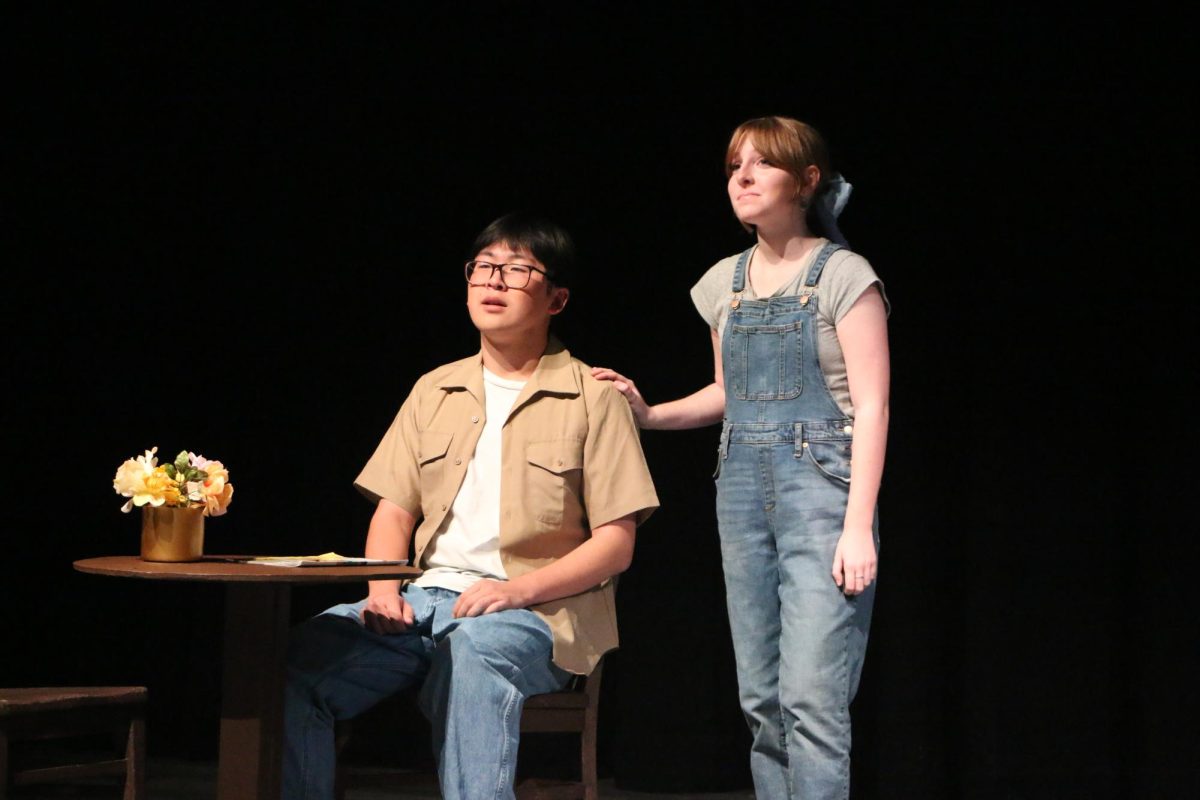
![Streaming services are pioneering the future of television [opinion]](https://hilite.org/wp-content/uploads/2024/09/CAtherine-streaming-1200x471.jpg)
![Parasocial relationships unnecessary, intrude on celebrities’ lives [opinion]](https://hilite.org/wp-content/uploads/2024/09/4-Mady-Kiser-Cover-1200x471.jpg)

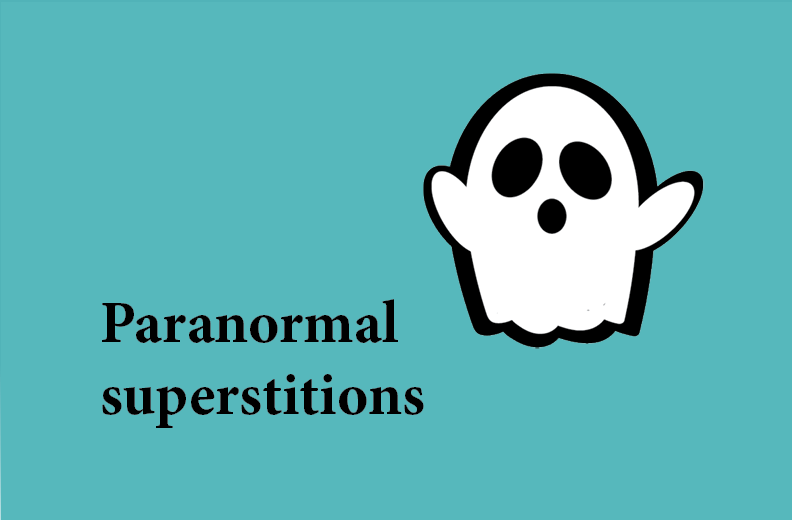
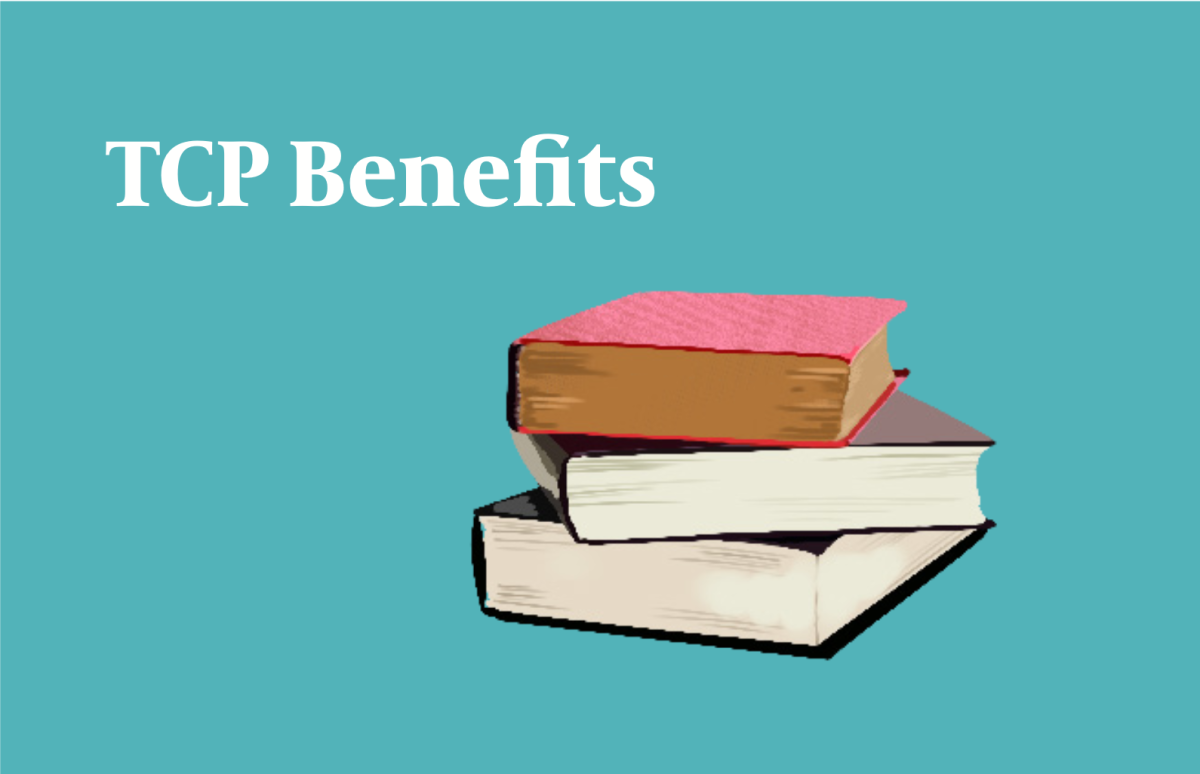

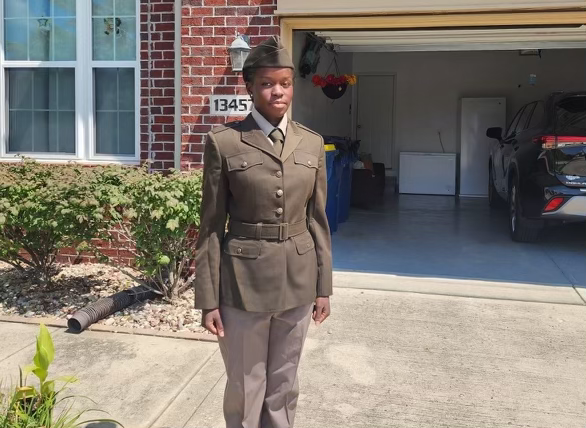








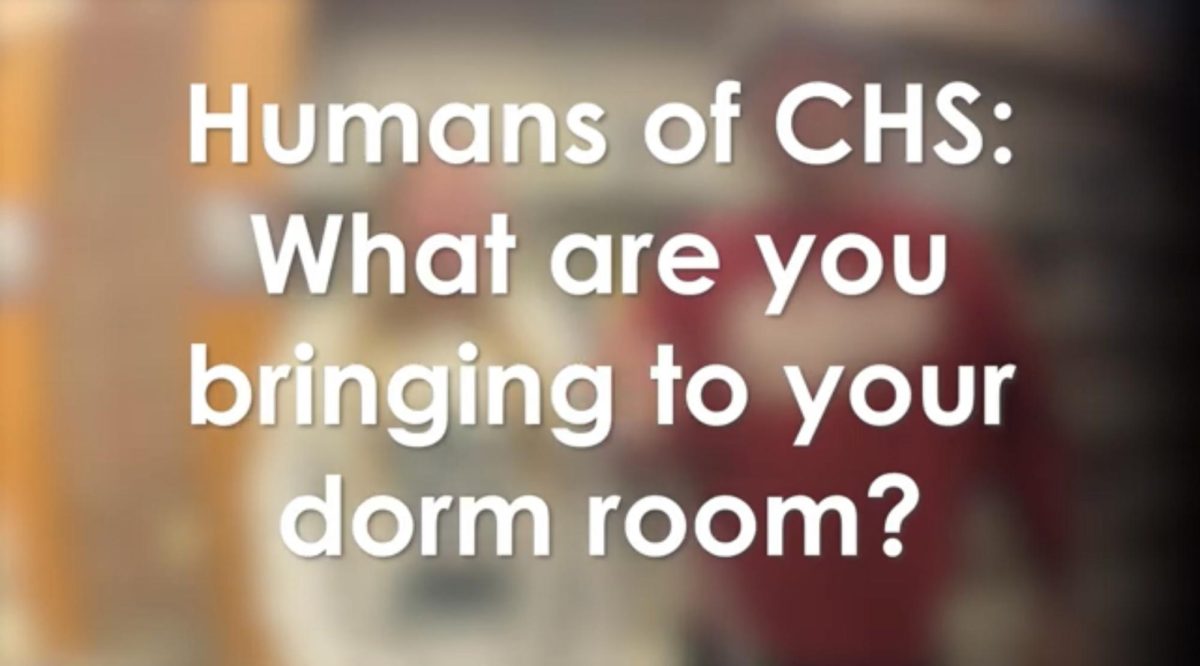





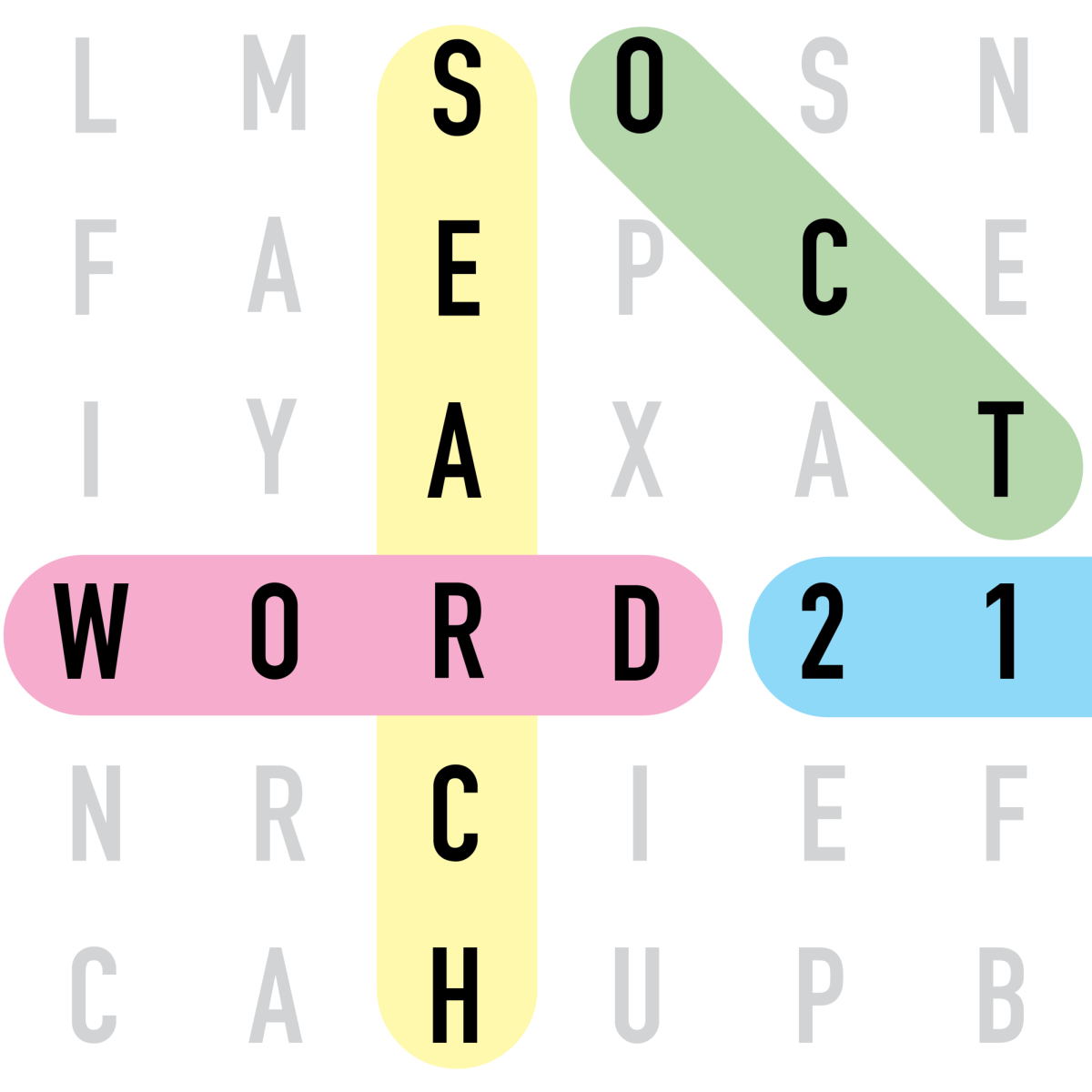



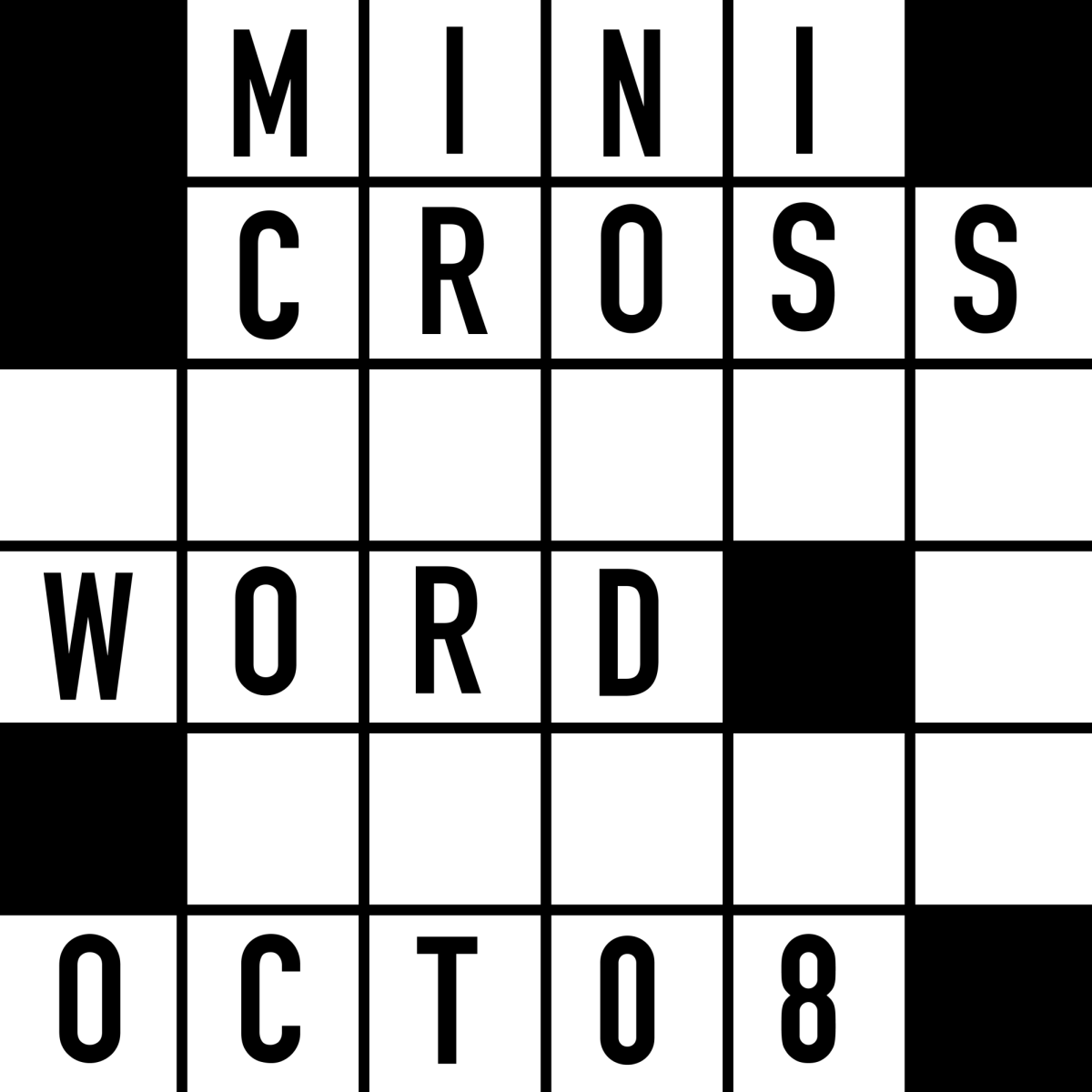
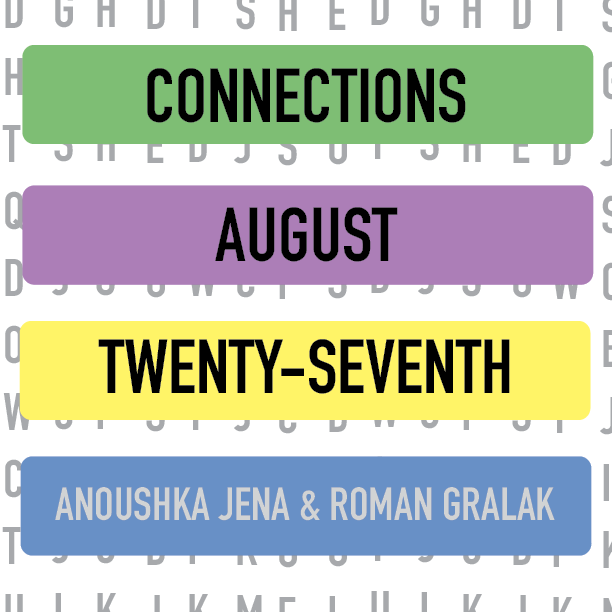
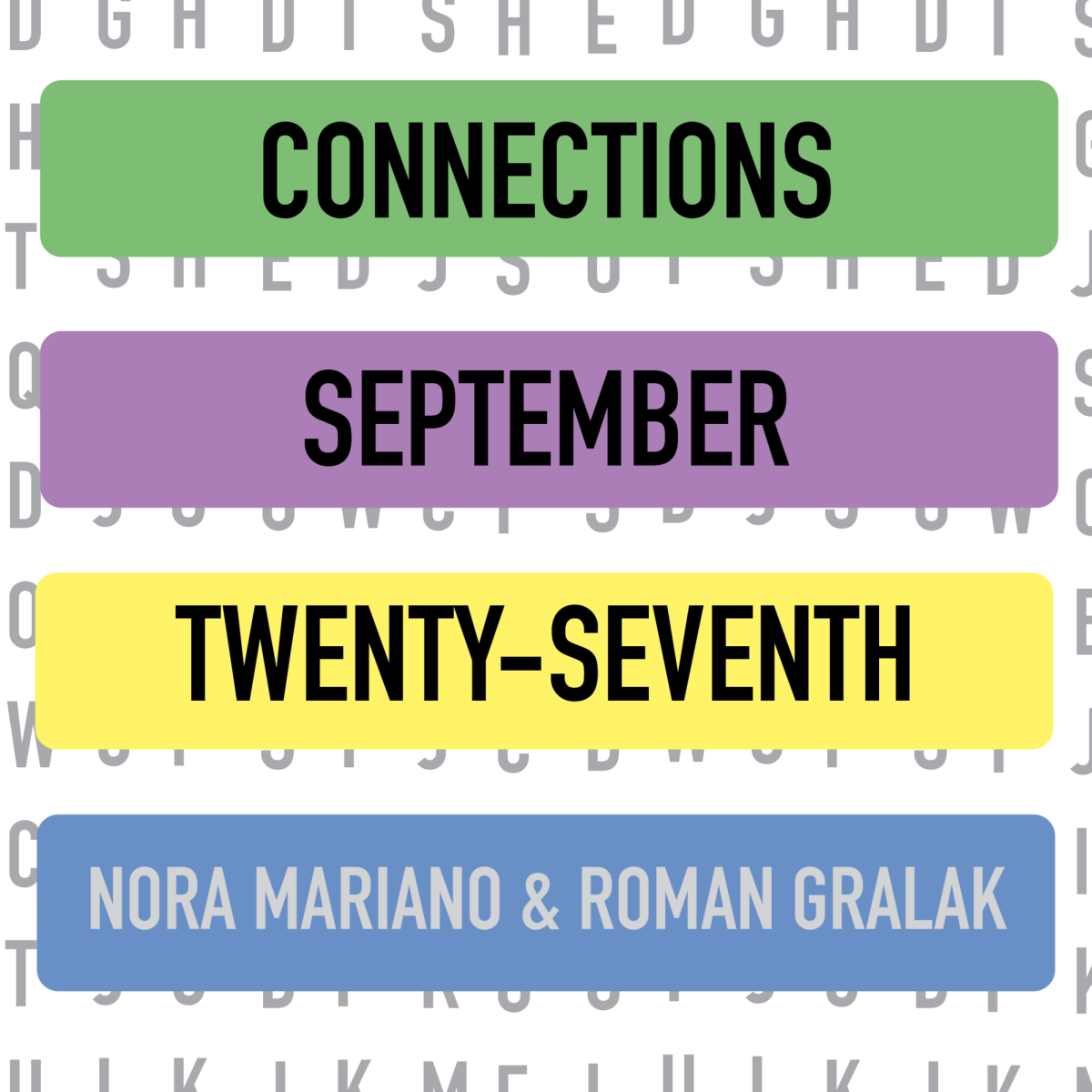
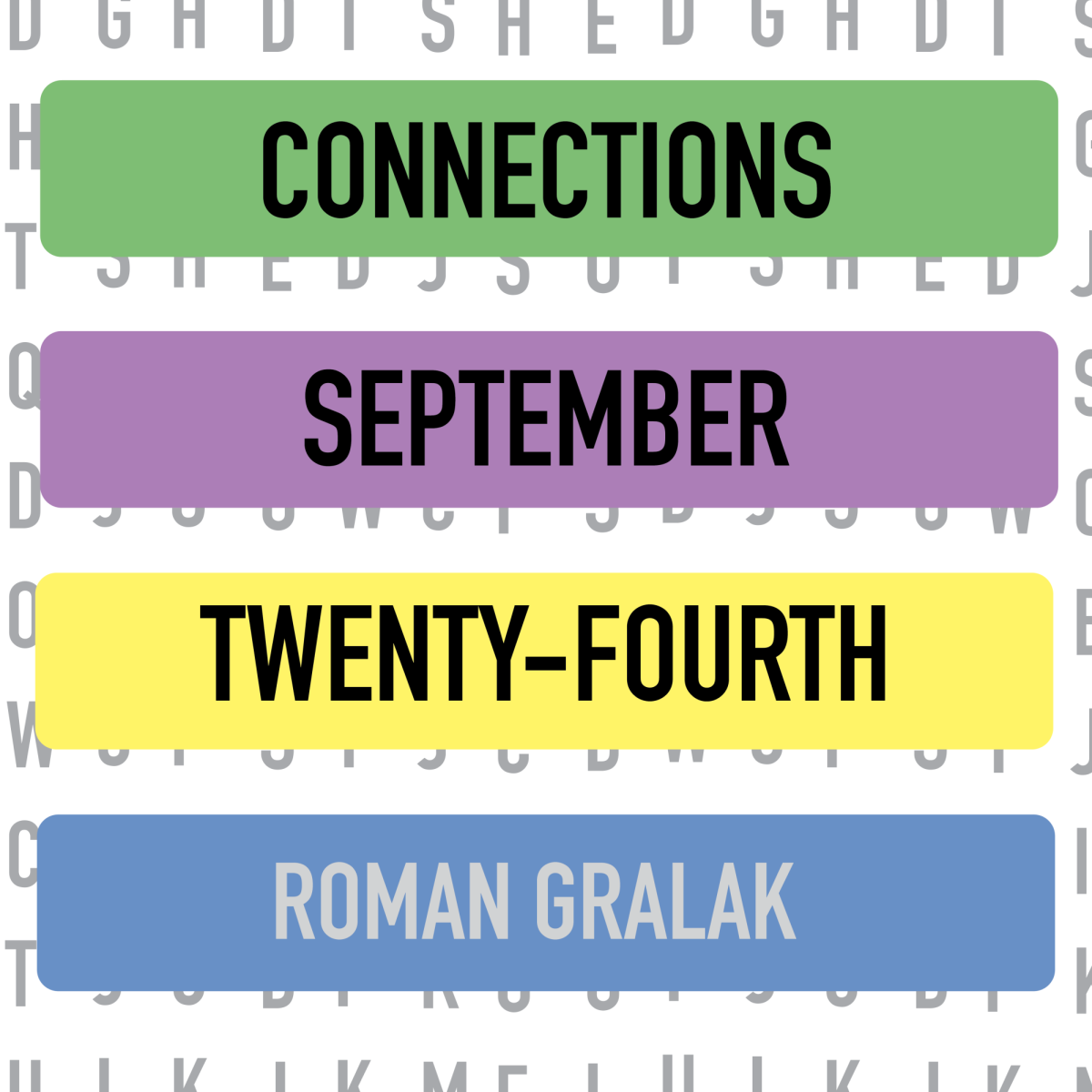





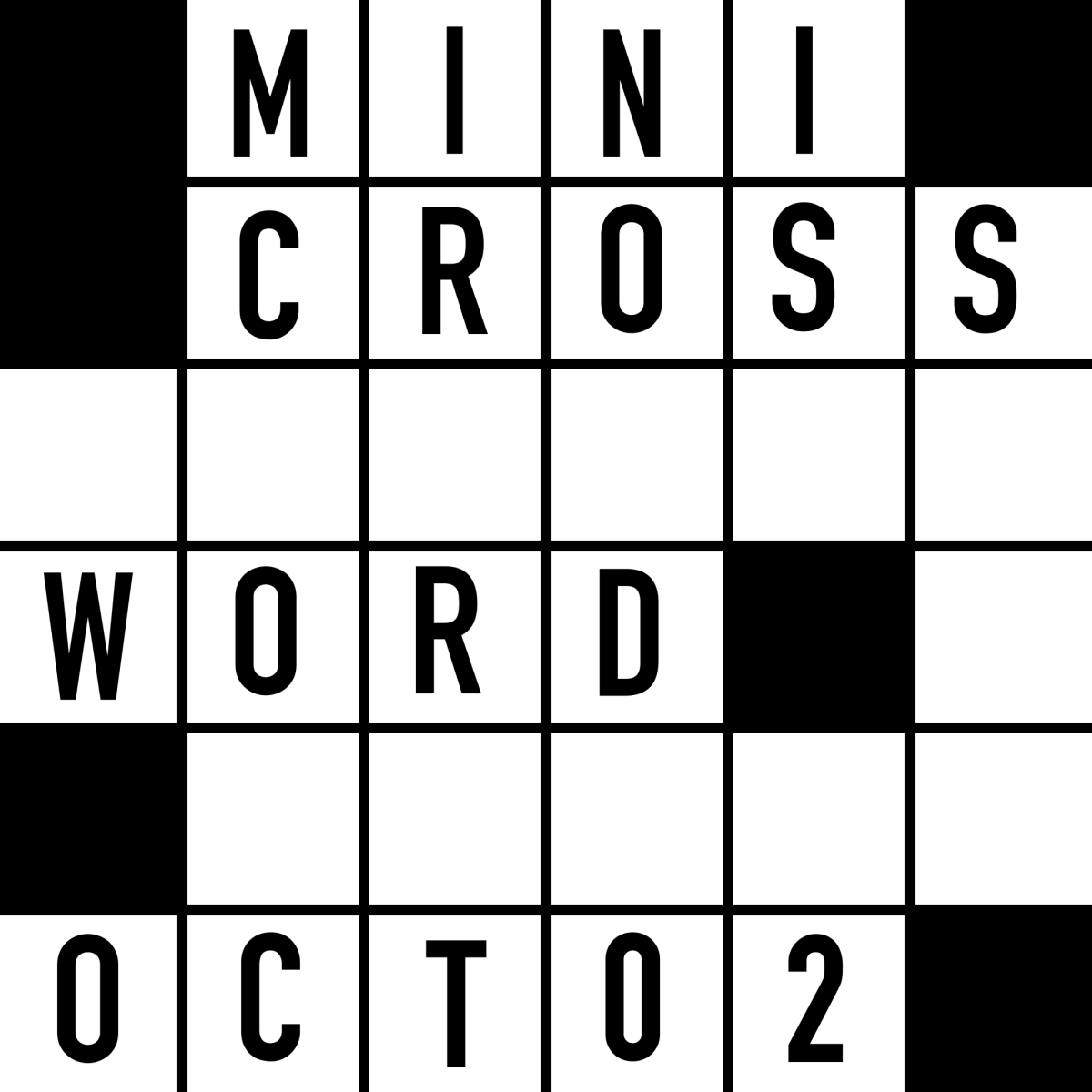
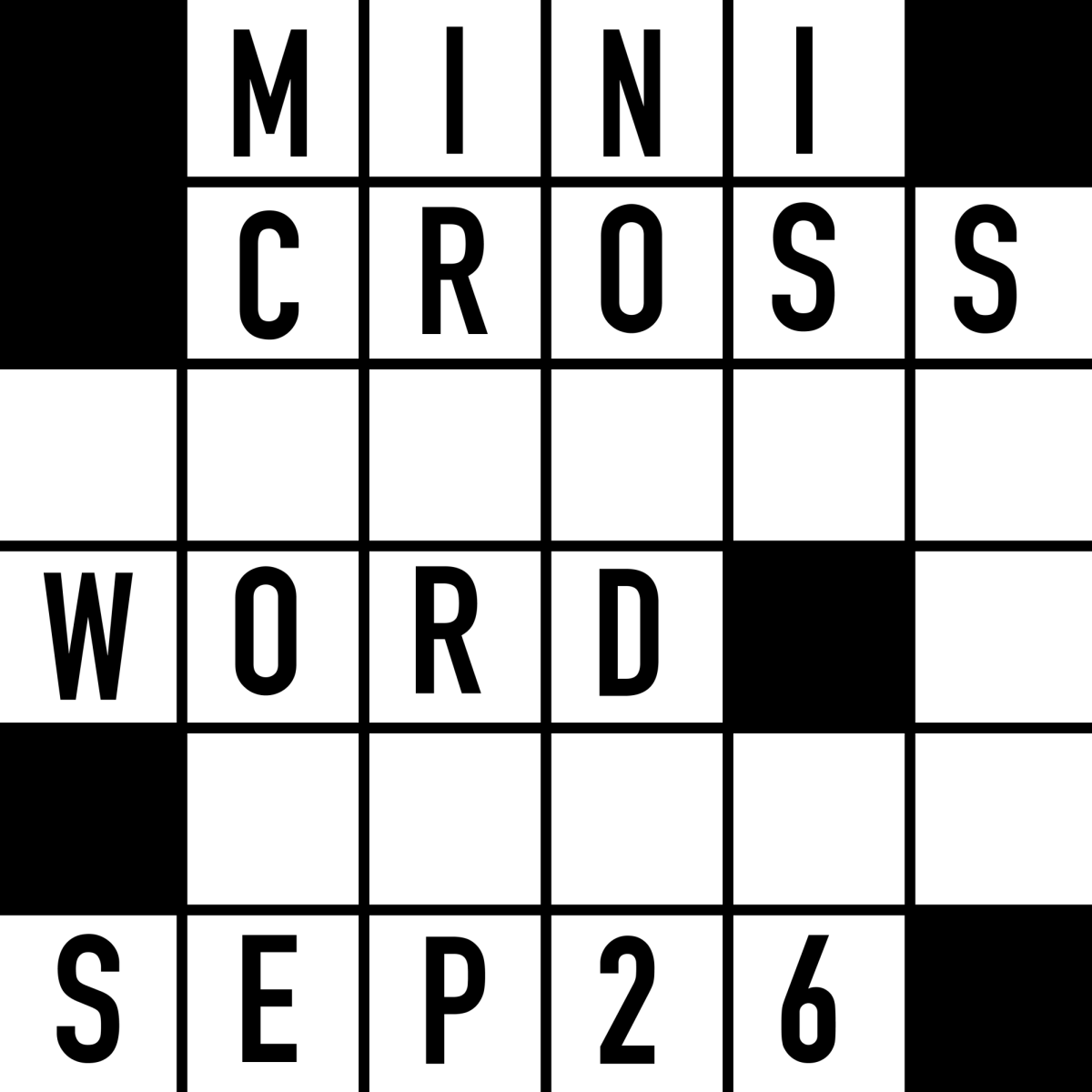
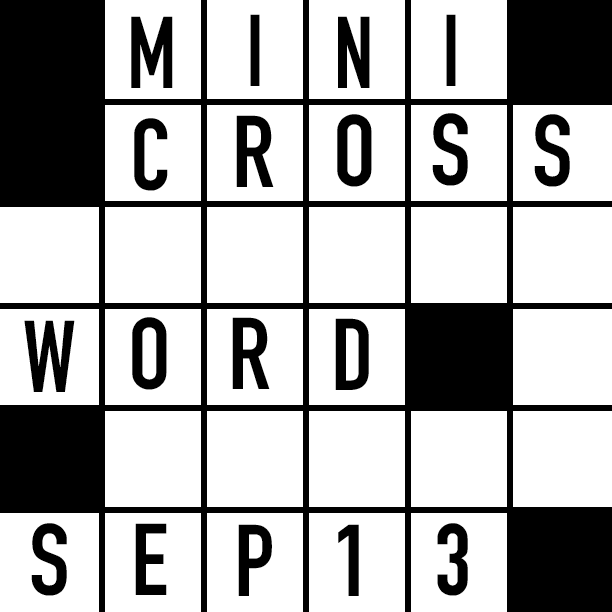
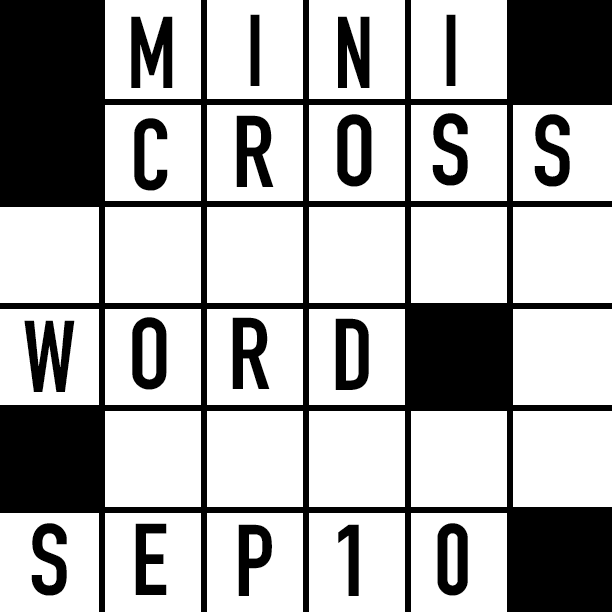

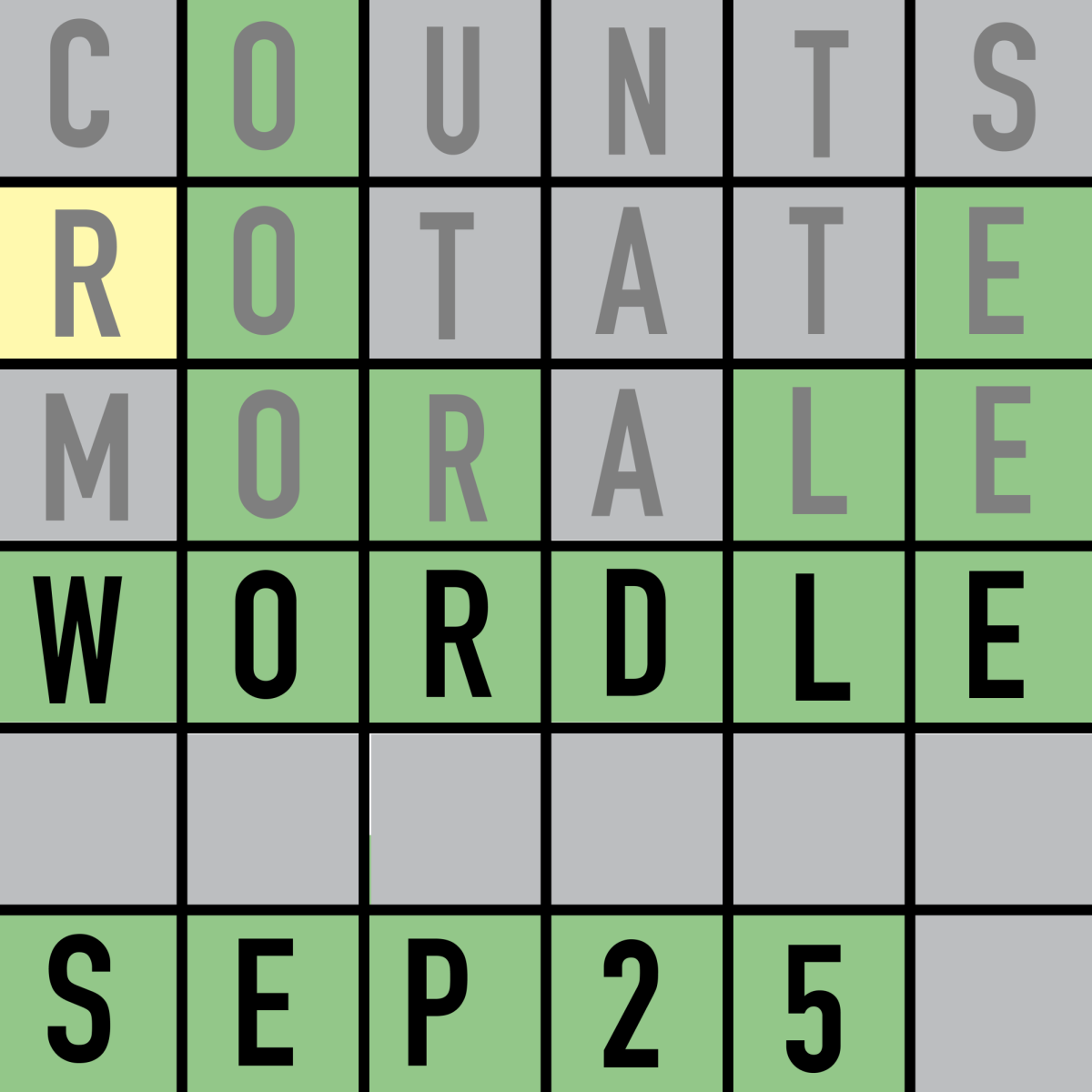
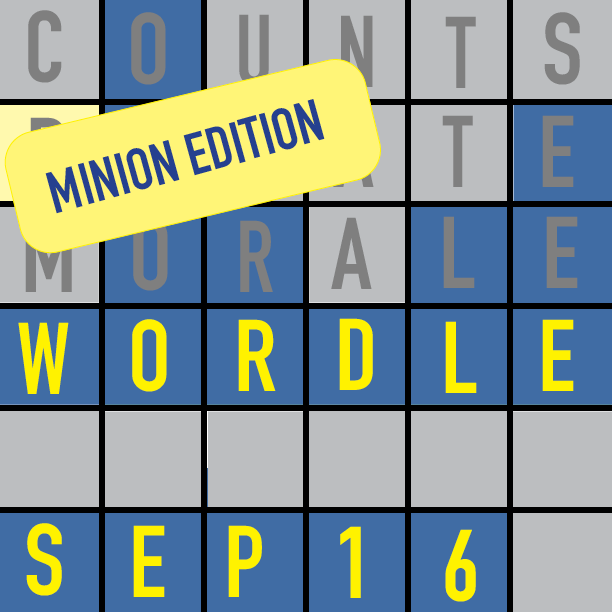
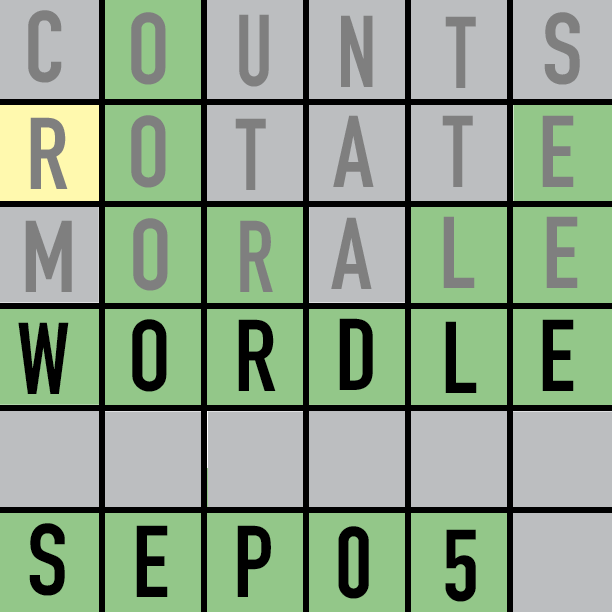
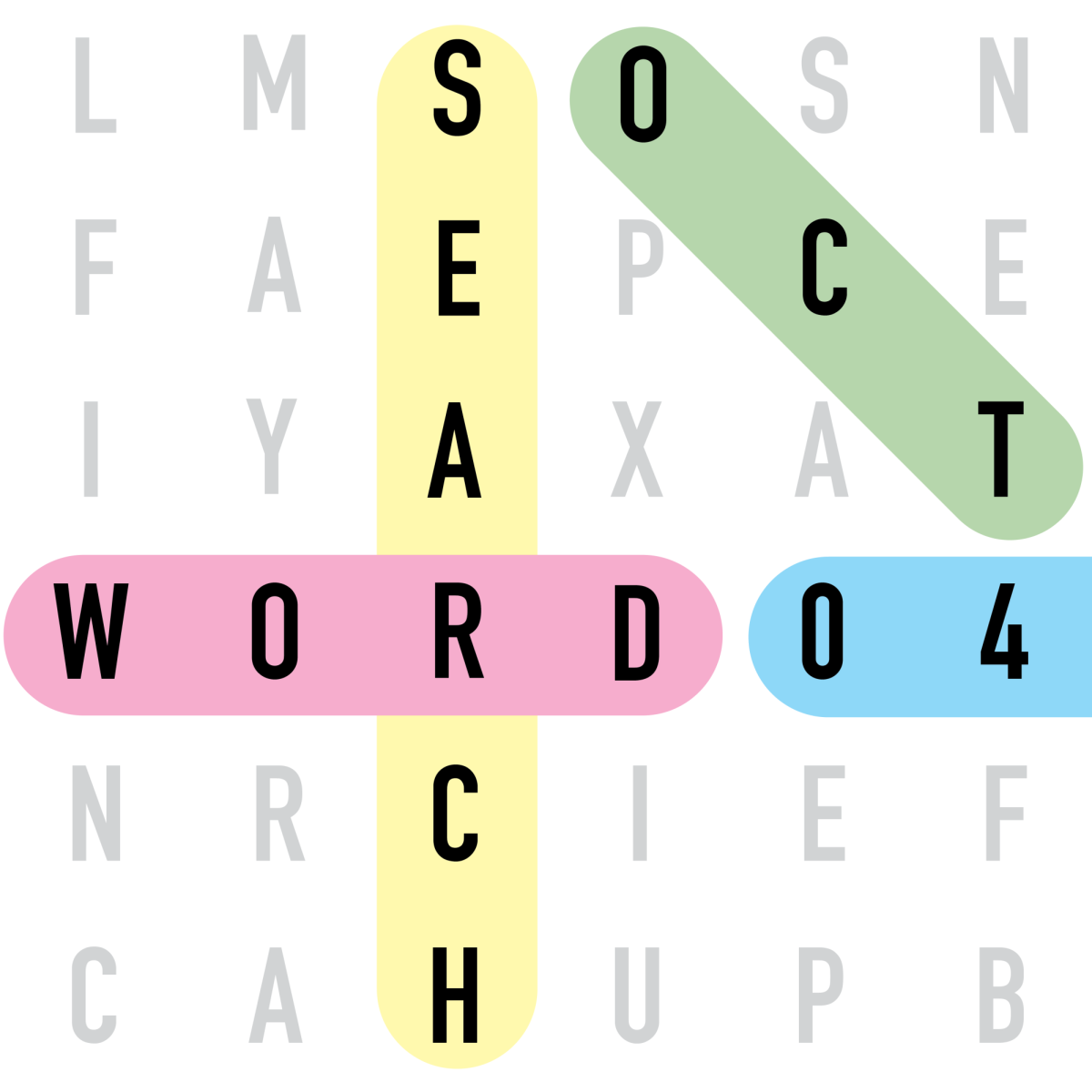
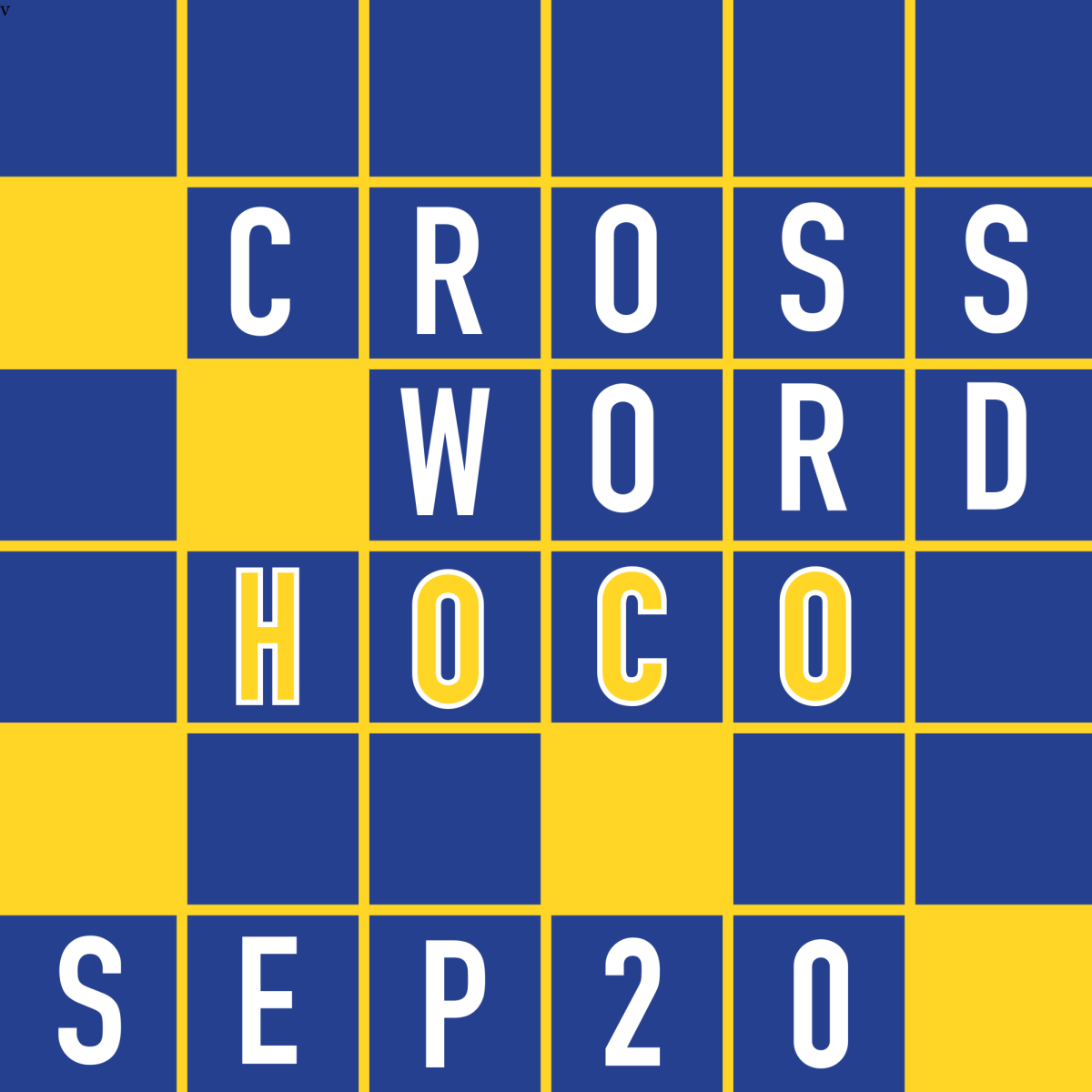
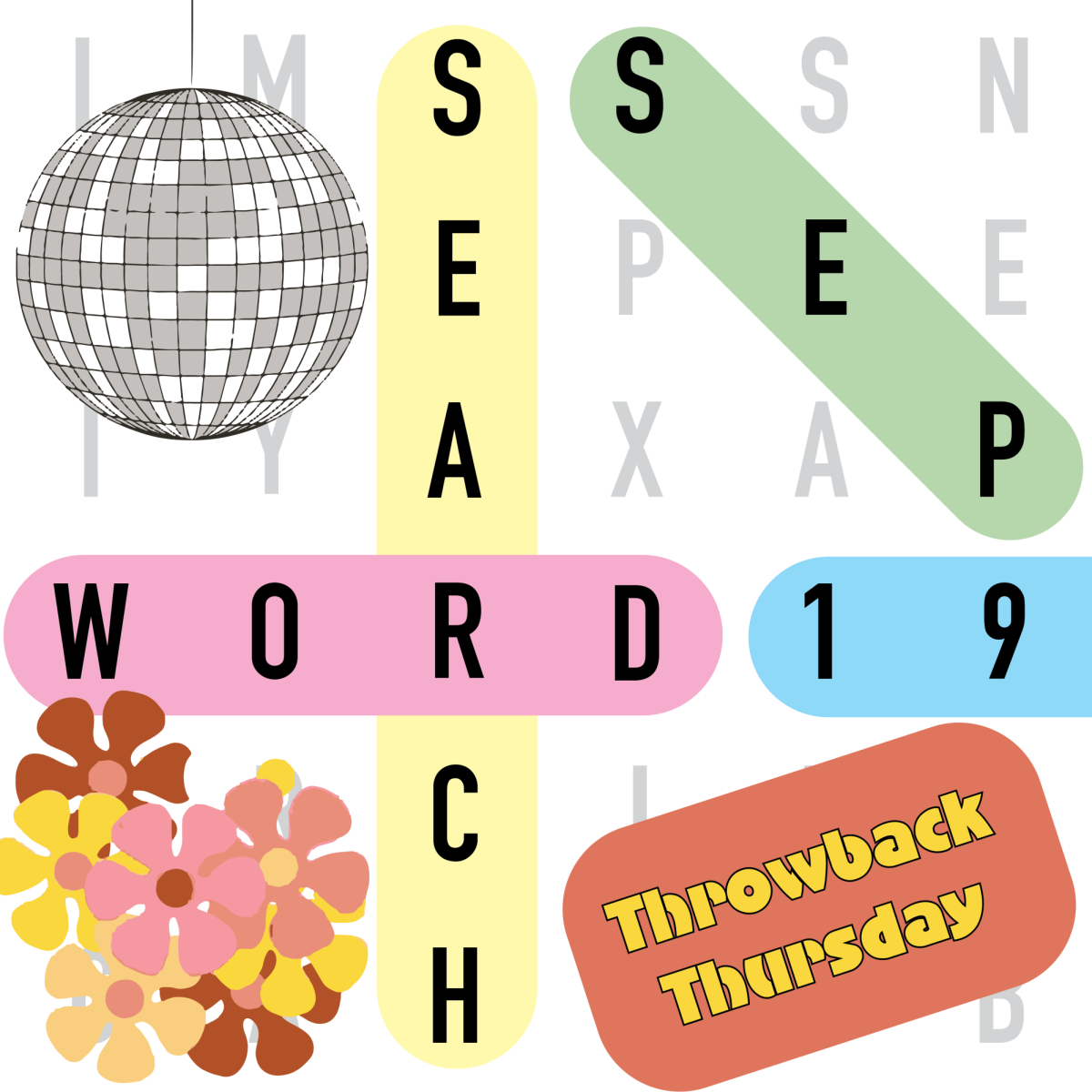
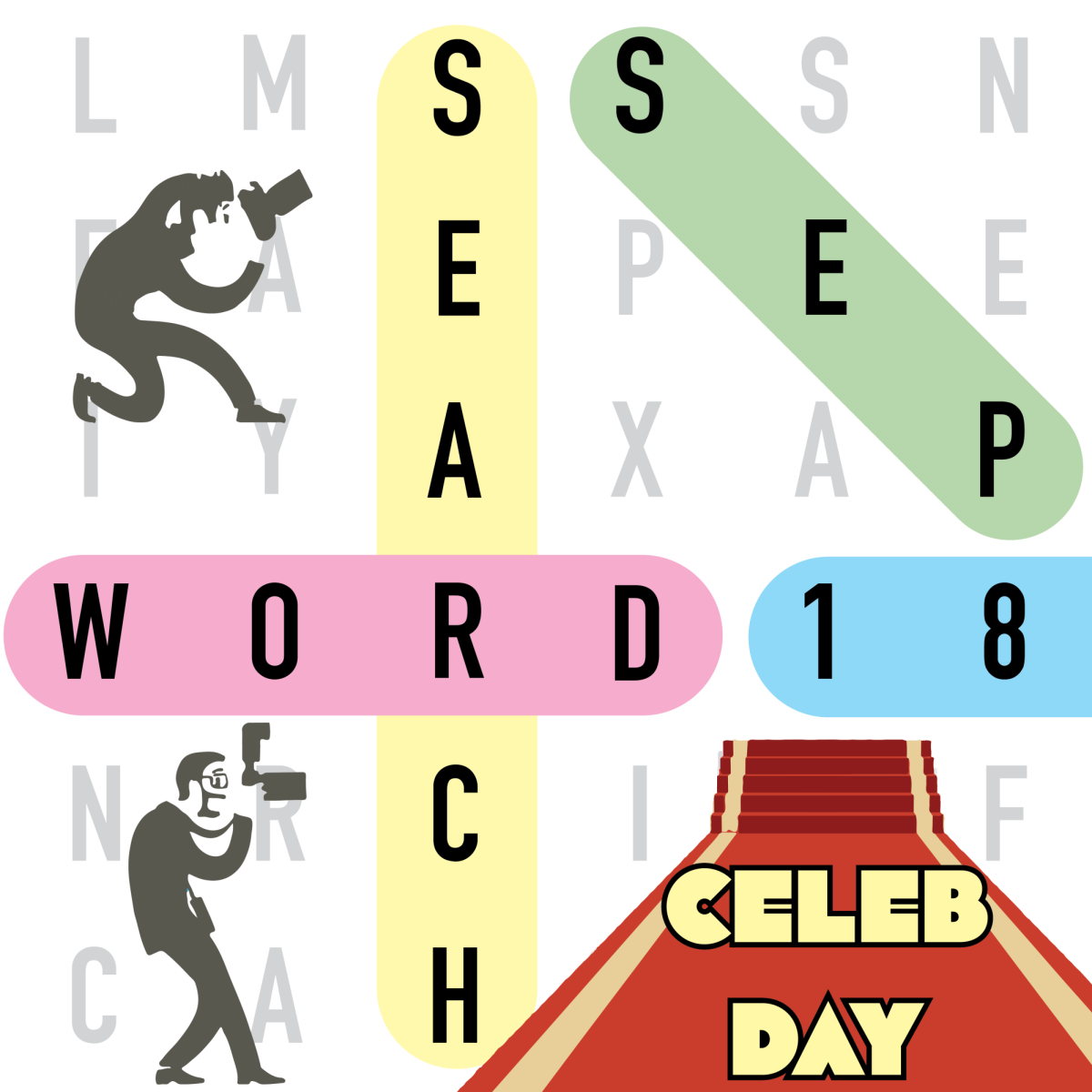
![Review: “Megalopolis” is a bold, bewildering mess [MUSE]](https://hilite.org/wp-content/uploads/2024/10/MV5BYTk3MjUzMGItYmU1NC00M2YyLThmNDMtNDI4NjkxNjgzMjQzXkEyXkFqcGdeQXRyYW5zY29kZS13b3JrZmxvdw@@._V1_-1200x675.jpg)
![Review: Judy Moody encourages viewers to make the best out of their summer [MUSE]](https://hilite.org/wp-content/uploads/2024/10/MV5BMjA4NDc0NzI5OV5BMl5BanBnXkFtZTcwMjc0MDA4NA@@._V1_-810x1200.jpg)
![Review: “Zen and the Art of Motorcycle Maintenance” is a breathtaking novel based on a true story [MUSE]](https://hilite.org/wp-content/uploads/2024/10/Screenshot-2024-10-14-at-11.45.50 AM.png)
![Review in Print: Maripaz Villar brings a delightfully unique style to the world of WEBTOON [MUSE]](https://hilite.org/wp-content/uploads/2023/12/maripazcover-1200x960.jpg)
![Review: “The Sword of Kaigen” is a masterpiece [MUSE]](https://hilite.org/wp-content/uploads/2023/11/Screenshot-2023-11-26-201051.png)
![Review: Gateron Oil Kings, great linear switches, okay price [MUSE]](https://hilite.org/wp-content/uploads/2023/11/Screenshot-2023-11-26-200553.png)
![Review: “A Haunting in Venice” is a significant improvement from other Agatha Christie adaptations [MUSE]](https://hilite.org/wp-content/uploads/2023/11/e7ee2938a6d422669771bce6d8088521.jpg)
![Review: A Thanksgiving story from elementary school, still just as interesting [MUSE]](https://hilite.org/wp-content/uploads/2023/11/Screenshot-2023-11-26-195514-987x1200.png)
![Review: "When I Fly Towards You", cute, uplifting youth drama [MUSE]](https://hilite.org/wp-content/uploads/2023/09/When-I-Fly-Towards-You-Chinese-drama.png)
![Postcards from Muse: Hawaii Travel Diary [MUSE]](https://hilite.org/wp-content/uploads/2023/09/My-project-1-1200x1200.jpg)
![Review: "Ladybug & Cat Noir: The Movie," departure from original show [MUSE]](https://hilite.org/wp-content/uploads/2023/09/Ladybug__Cat_Noir_-_The_Movie_poster.jpg)
![Review in Print: "Hidden Love" is the cute, uplifting drama everyone needs [MUSE]](https://hilite.org/wp-content/uploads/2023/09/hiddenlovecover-e1693597208225-1030x1200.png)
![Review in Print: "Heartstopper" is the heartwarming queer romance we all need [MUSE]](https://hilite.org/wp-content/uploads/2023/08/museheartstoppercover-1200x654.png)



